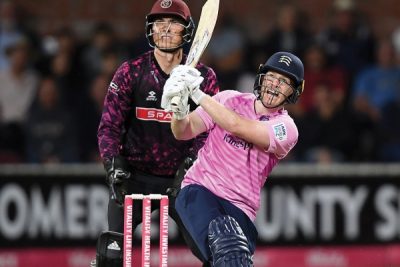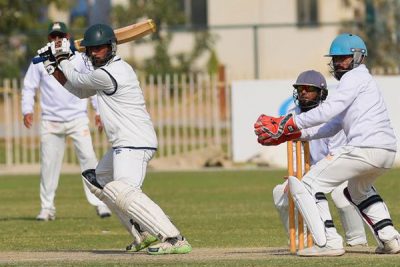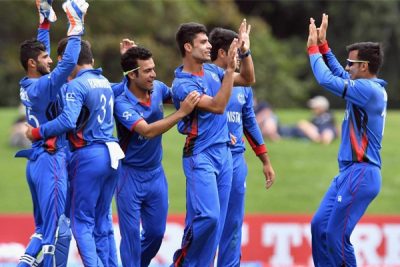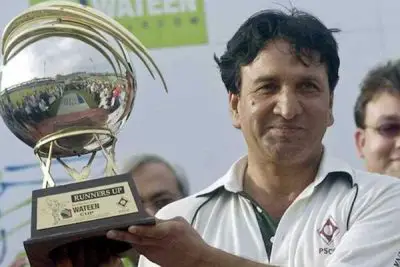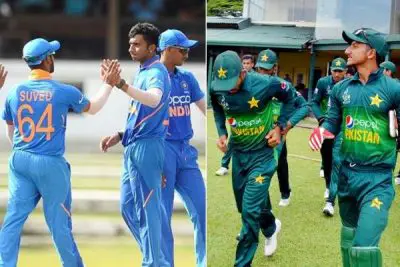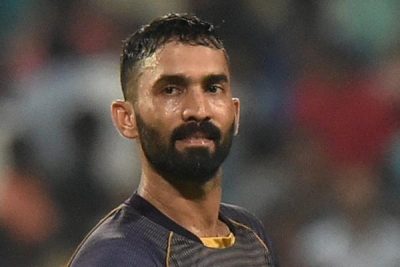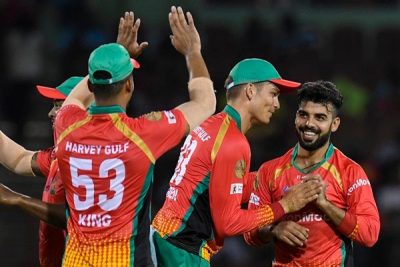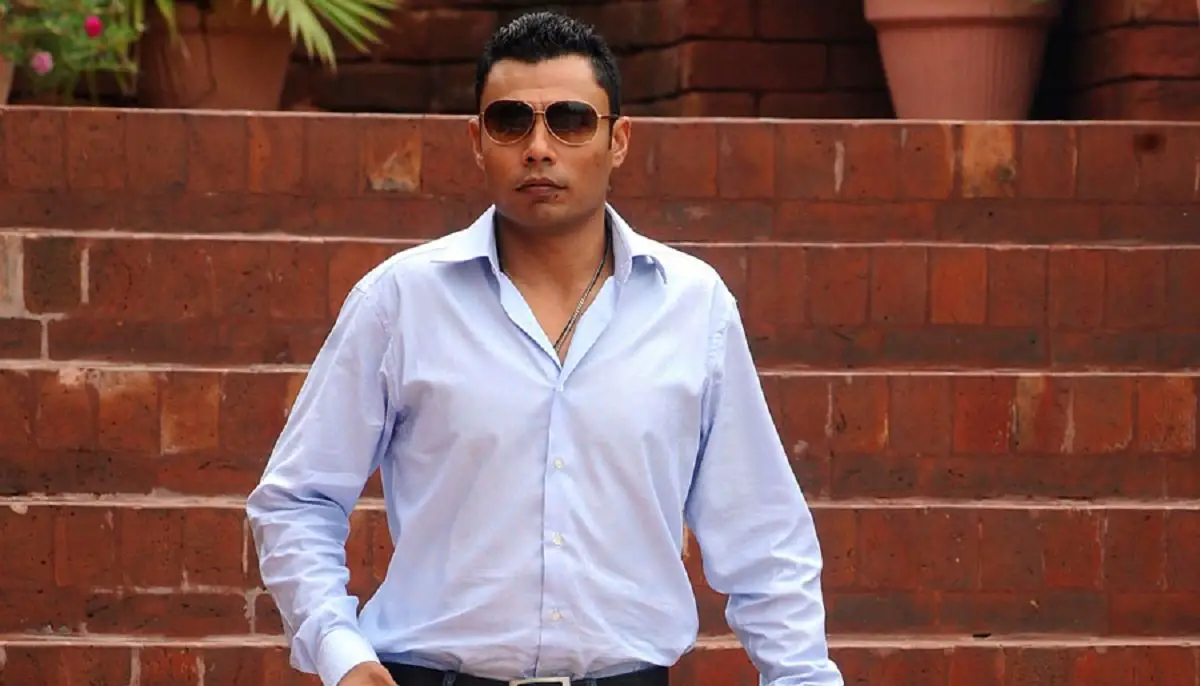
Danish Kaneria, an ex-Pakistani cricketer, who was imposed ban by the Pakistan Cricket Board (PCB), has threatened to sue and take legal action against those who will link him up with the match-fixing scandals.
Earlier, his fellow, Saleem Malik similarly threatened and told that legal action will be taken against those who will drag his name in the fixation allegations.
Correction: Salim Malik* https://t.co/DCdJK0zWia
— Danish Kaneria (@DanishKaneria61) July 10, 2020
Danish Kaneria threatened to sue those who link him with the fixing scandals
His statement came in light of a letter PCB wrote to him a day before. He said that his case is not like that of Salim Malik.
Danish got banned in his spot-fixing scandal in 2012 and now wants to be the part of the National squad again seeking a discrimination-free system by PCB
Moreover, two of the Pakistani cricketers, Saleem Malik and Danish Kaneria, that were imposed bans on them after the match-fixing scandals, have been approached by the Pakistan Cricket Board (PCB) after they demanded the removal of the ban a several times.
Responding to Kaneria, the board reminded him that the ban was imposed by high bodies of ECB and PCB’s rehabilitation programs cannot be offered to him as he is serving a life ban. PCB also advised him to get in touch with ECB.
Danish Kaneria (rehabilitation program)
• You were banned for life by the ECB’s Cricket Discipline Commission after it was established that you had ‘knowingly induced or encouraged Mervyn Westfield not to perform on his merits in the Durham match’
• You subsequently challenged the decision before the Appeal Panel of the Cricket Disciplinary Commission, which was upheld. Then, you appealed before a commercial bench of the High Court in London, which was dismissed. Then, you appealed before the Court of Appeal (Civil Division), which was rejected
• The PCB’s rehabilitation program is offered to players upon conclusion of the respective periods of ineligibility and not for players who are serving life bans
• The life ban was imposed by the ECB and upheld by all ICC Members as per Article 9 of the ICC/PCB Anti-Corruption Code, and the only way it could have been overturned was by way of appeal, an avenue which has already been explored
• Article 6.8 of the ECB Anti-Corruption Code, which is applicable in this case, clearly states only the chair of the anti-corruption tribunal, which has imposed a period of ineligibility on a player, had the discretion to permit the player to participate
• As such, you are advised to approach the ECB as per Article 6.8 of the ECB Anti-Corruption Code

